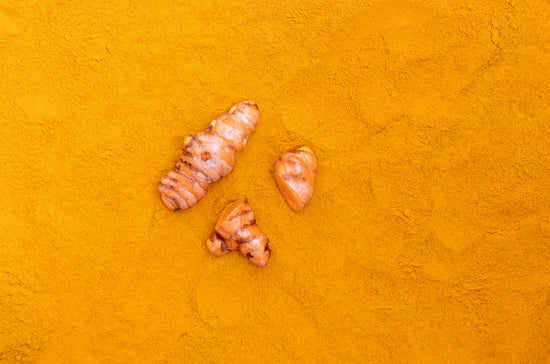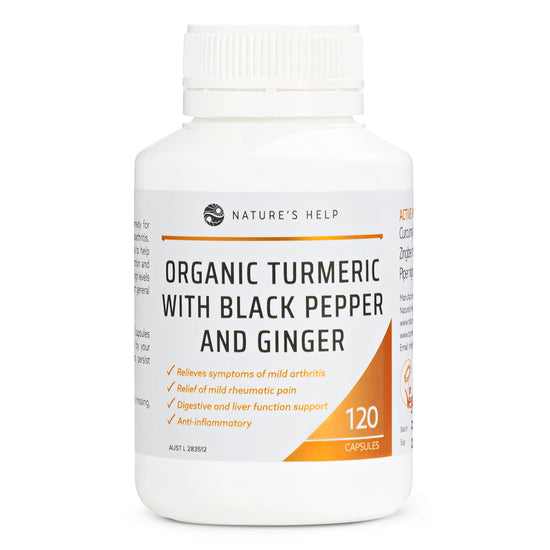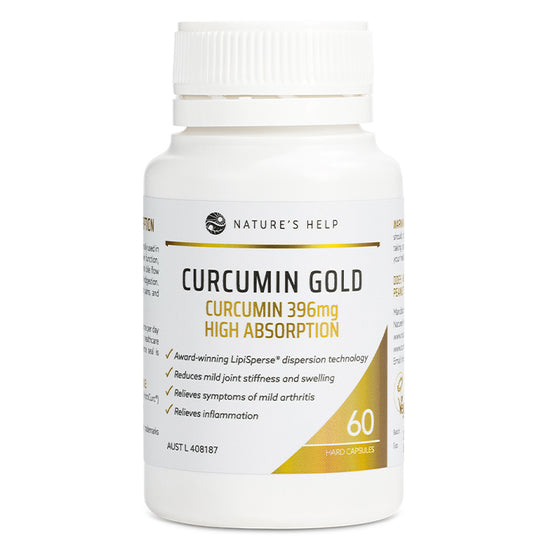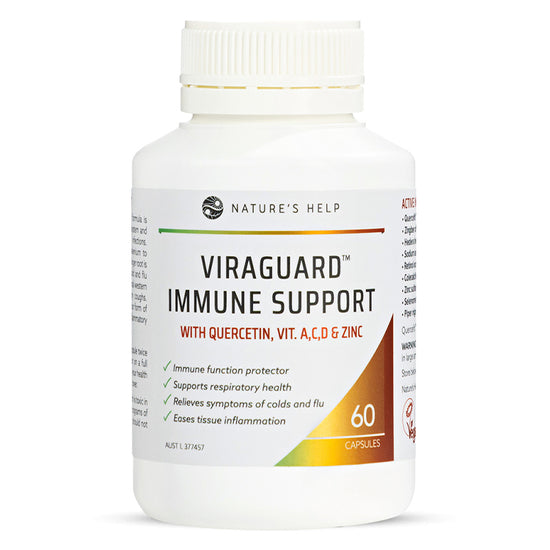It’s that time of year again in Australia, where the weather starts to cool down and we become more susceptible to colds and cases of flu.
With the current coronavirus pandemic going on, it seems strange to be discussing the common flu even though around 1,500 to 3,000 people die of the flu every year in Australia.
There are many things we can do to help support our bodies and reduce the risk of catching the common flu as the season’s change.
Today, we’re talking about how probiotics can support your immune system.
What are probiotics?
Probiotics are live bacteria and yeasts that studies have shown promote and provide many health benefits.
The word “probiotic” is a compound of two Greek words: ‘pro’ to signify promotion of and ‘biotic’ which means life. Their very definition is something that affirms life and health, even by today’s modern standards; the World Health Organization defines a probiotic as ‘any living microorganism that has a health benefit when ingested’.
How do they support your immune system?
Studies have shown that probiotics help give your immune system a boost by inhibiting the growth of harmful gut bacteria. They can also promote the production of natural antibodies in the body.
A huge amount of the immune system is in the GI tract so setting the gut up for optimal health is of utmost importance when it comes to increasing immunity. Probiotics help to reduce the number of “bad” gut bacteria that cause illness or inflammation, while also replacing those bad bacteria with “good” or “friendly” bacteria. By doing so, probiotics help to balance the gut microbiome, which improves not only digestion but immunity as well.
Researchers found that probiotics can protect against viral infections, reduce the risk of getting the common cold, and lessen the number of symptomatic days from common colds in healthy people.
Probiotic foods
The most common and well-known probiotics food is yoghurt which is made from milk that has been fermented by friendly bacteria, mainly lactic acid bacteria and bifidobacteria. Keep in mind that not all yogurt contains live probiotics, make sure to choose yogurt with active or live cultures.
If you or someone you know is of European descent you probably know that Sauerkraut is fermented in lactic acid bacteria making it rich in live probiotics. Sauerkraut is also high in fibre, vitamin C, B and K. There is a great Sauerkraut recipe here if you’re buying it be sure to choose an unpasteurized version.
Kimchi is very similar to Sauerkraut but originated in Korean and can be made for vegetables other than cabbage. Kimchi contains lactic acid bacteria which has shown to support immune health.
The term buttermilk refers to a range of fermented dairy drinks. However, tradition buttermilk is the only version that contains probiotics and is the leftover liquid from making butter. It is sometimes called “grandma’s probiotic.”
Our probiotic products
Nature’s Help has three delicious bio-fermented turmeric liquid formulas to try: Original, Wild Berry and Tropical. Each 15ml serve contains 99mg of turmeric, 330mg ginger, 300mg of black pepper, PLUS 6 billion good bacteria.
There are Six strains used in the fermentation process include Lactobacillus acidophilus, Lactobacillus casei, Lactobacillus plantarum, Bifidobacterium, Lactobacillus bulgaricus, Lactobacillus lactis, Lactobacillus fermenti and Saccharomyces boulardii.
Play video to see our inhouse Naturopath; Mona Hecke, talking about our probiotic liquids.
Please Note: This article is not intended to diagnose, treat, cure, or prevent any disease.
In pregnant women, infants, and young children, probiotics should be used with caution.










